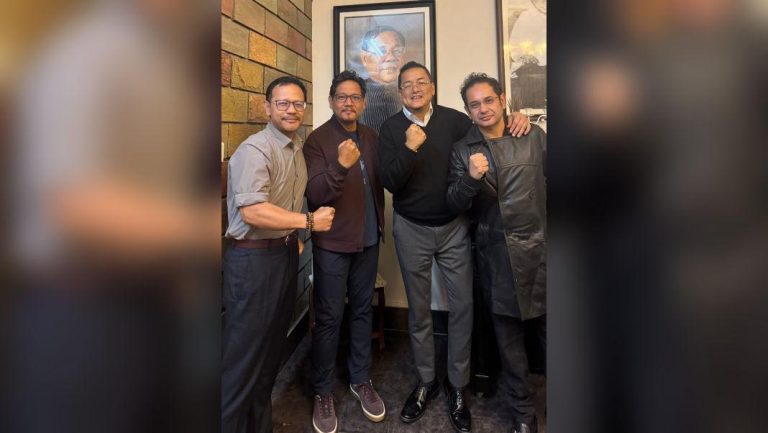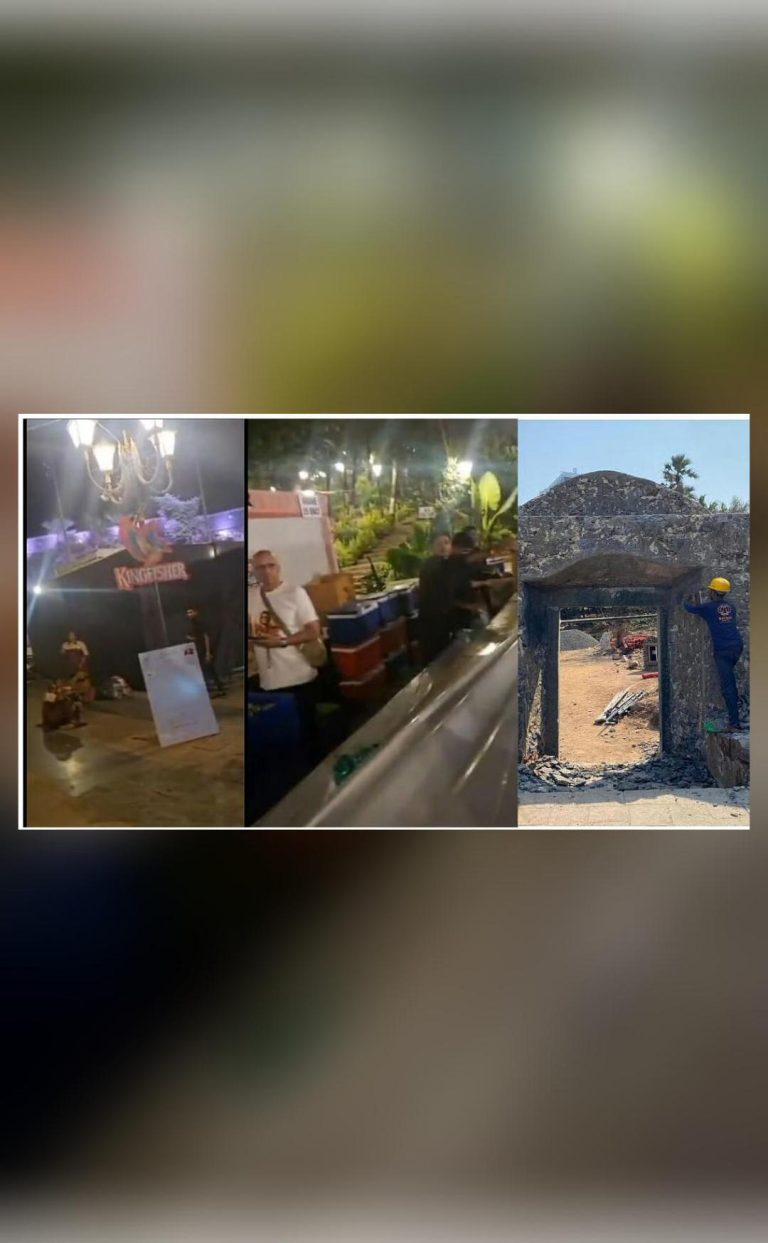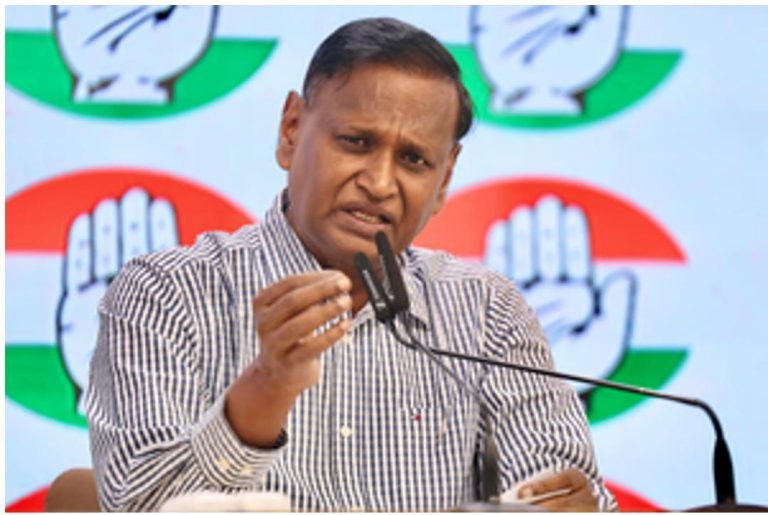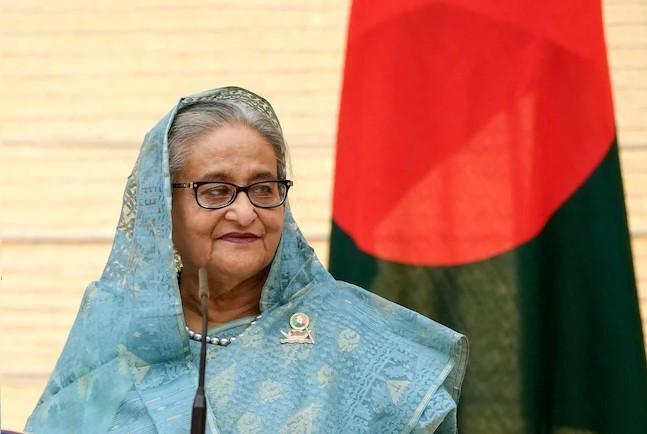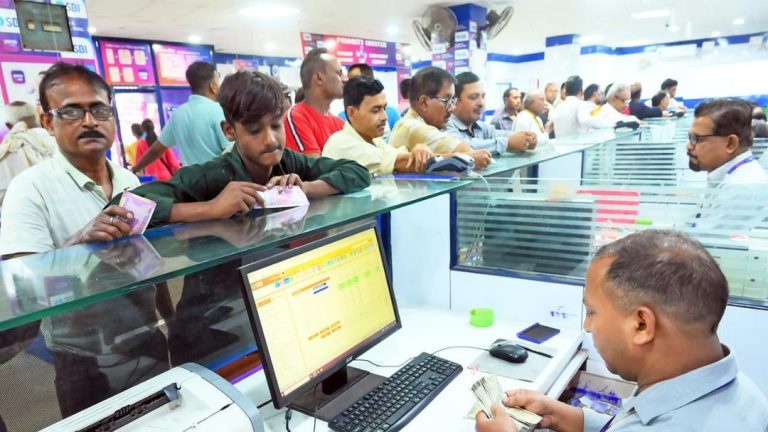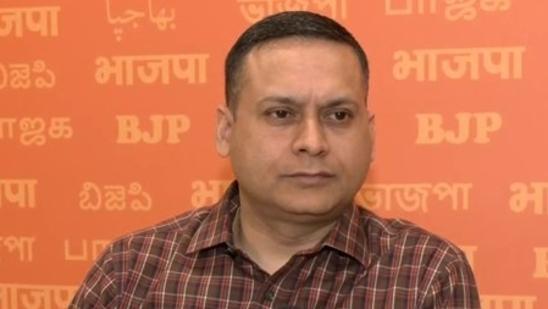
EC is Fact-Checking One Lie After Another: BJP’s Malviya
The Election Commission’s (EC) recent initiative to fact-check false information spread by political leaders has drawn attention from all quarters. In a recent tweet, BJP leader Amit Malviya expressed his disappointment over the EC’s move, stating that it is “fact-checking one lie after another”. This statement has sparked a heated debate on the role of institutions in correcting false information and the state of political discourse in India.
Malviya’s tweet, which has gone viral on social media, reads: “It’s a sad commentary on our political discourse that a Constitutional body like the ECI is forced to take to social media to correct elected representatives for peddling lies. When facts become optional in politics, institutions are left doing cleanup.” This tweet has garnered widespread attention, with many political leaders and social media users weighing in on the issue.
The EC’s initiative to fact-check false information is a significant step towards ensuring transparency and accountability in politics. With the advent of social media, the spread of misinformation has become a major challenge for institutions and individuals alike. In a democratic setup, it is essential that political leaders and representatives are held accountable for the information they spread, and the EC’s fact-checking initiative is a step in that direction.
However, Malviya’s statement also raises important questions about the role of institutions in correcting false information. Is it indeed the EC’s responsibility to fact-check false information spread by political leaders? Or should political leaders be held responsible for spreading lies and misinformation? These questions are at the heart of the debate surrounding Malviya’s tweet.
One of the primary concerns is that the EC’s fact-checking initiative may be seen as an infringement on the freedom of speech and expression of political leaders. In a democratic setup, political leaders have the right to express their opinions and views, even if they are factually incorrect. However, it is also important to ensure that these opinions are not maliciously spread to mislead the public.
Another concern is that the EC’s fact-checking initiative may be biased or partisan. With the EC being a constitutional body, it is essential that its actions are impartial and unbiased. However, in a polarized political environment, it is possible that the EC’s actions may be seen as biased or influenced by political considerations.
Despite these concerns, the EC’s fact-checking initiative is a step in the right direction. In recent years, India has seen a surge in fake news and misinformation, which has had serious consequences for democracy. The EC’s initiative aims to address this issue by ensuring that political leaders and representatives are held accountable for the information they spread.
Moreover, the EC’s fact-checking initiative has the potential to set a precedent for other institutions to follow. In a democratic setup, institutions must work together to ensure that the public is informed and educated about the issues that matter. By fact-checking false information, the EC is setting a standard for transparency and accountability that other institutions can follow.
In conclusion, the EC’s fact-checking initiative is a significant step towards ensuring transparency and accountability in politics. While Malviya’s statement raises important questions about the role of institutions in correcting false information, it is essential that we acknowledge the importance of fact-checking in a democratic setup. As the EC continues to fact-check false information spread by political leaders, it is crucial that we support this initiative and work towards creating a more informed and educated public.
Source:
https://x.com/amitmalviya/status/1942852846879133901
